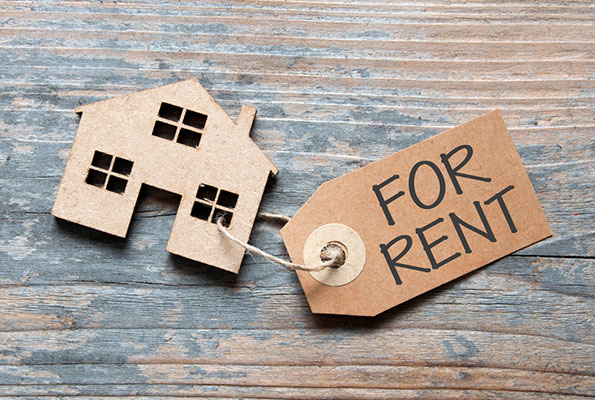There are statistics to support the idea that paying rent is becoming increasingly difficult for Americans and the latter is facing the heat of not having inflation-adjusted wages.
According to a study of Census statistics released this week by the Harvard Joint Center for Housing Studies, 49% of renters were cost-burdened in 2021, meaning their rent consumed 30% or more of their income.
Since records began to be kept in 2001, more tenants have felt the burden than ever before. In addition, the examination of the American Community Survey data from the Census Bureau revealed that renters’ budgets were squeezed between rising rents and decreasing salaries.
The paper emphasises the financial strain that renters, particularly those with lower incomes, experienced due to the pandemic economy. According to the Department of Housing, tenants burdened by high housing costs may struggle to pay for necessities like food and transportation.
According to data from Rent.com, rents soared during the pandemic, with the median national rent climbing 15% in 2021 alone—significantly more than the typical 2-4% annual rises seen in average years two.
However, the Census revealed that renters’ income decreased during the same period, falling 2.3% from USD 44,500 in 2019 to USD 43,500.
According to Rent.com researcher Jon Leckie, the pandemic-era rush for real estate was the reason for the sharp increase in rents. Demand for rentals increased as people who couldn’t afford to buy homes were forced to rent instead.
The real estate market was out of control, Jon Leckie informed while interacting with Investopedia.
“And the housing market will be followed by rent,” he added.
According to research released last week by Rent.com, rent hikes in 2022 began to slow as the property market cooled.
As of December, the usual rent was up 4.8% from 2021. That represents a significant improvement over prior times. However, according to the Bureau of Labour Statistics, it still exceeds workers’ average weekly wages, which increased by 3% during the same period.
According to Jon Leckie, the burden on renters’ budgets is also not expected to ease soon, as the rental price increase from the pandemic era still needs to be wholly deflated.
“I suppose rents aren’t going to come back down. Therefore, raising salaries is the only option. And if they don’t, I’m wondering how nicely that ends,” he remarked.



